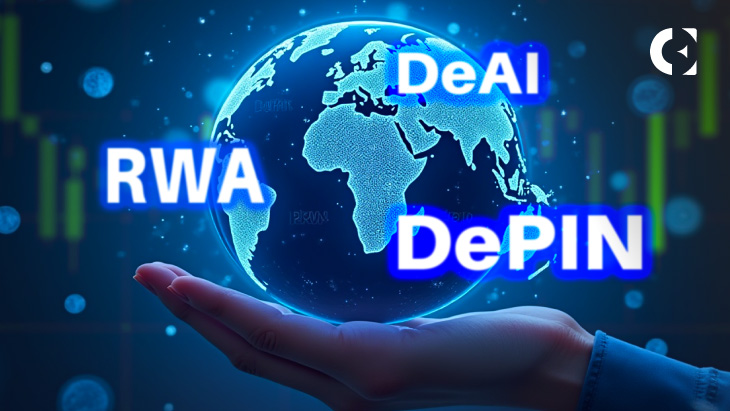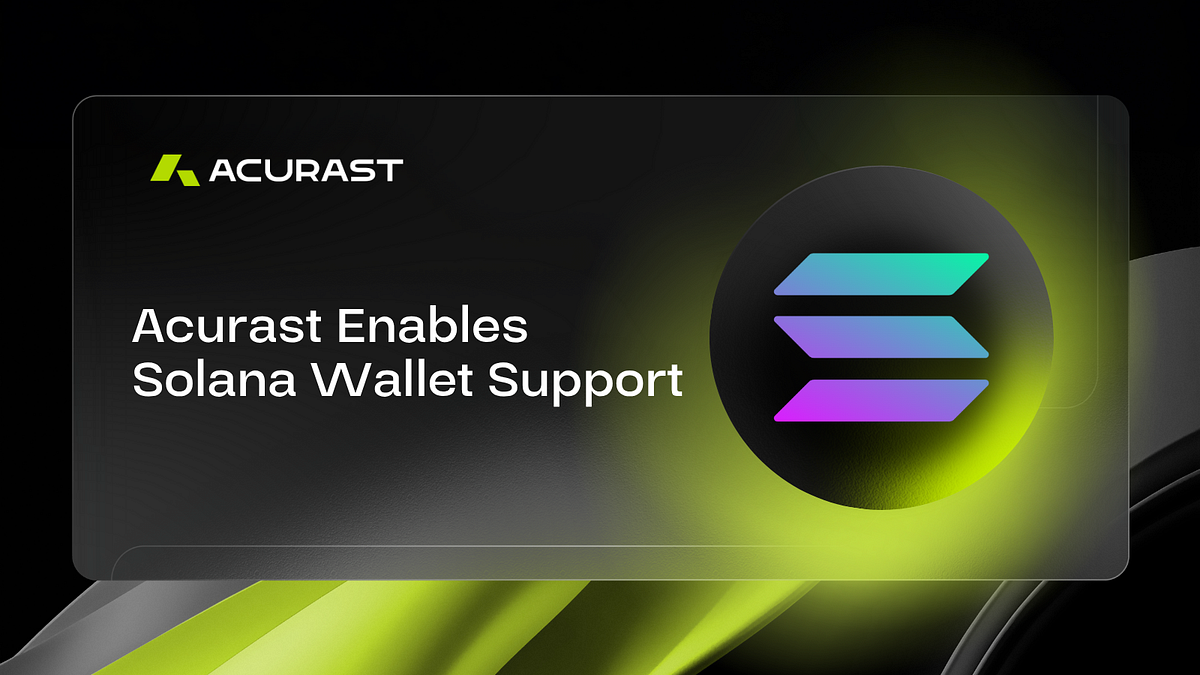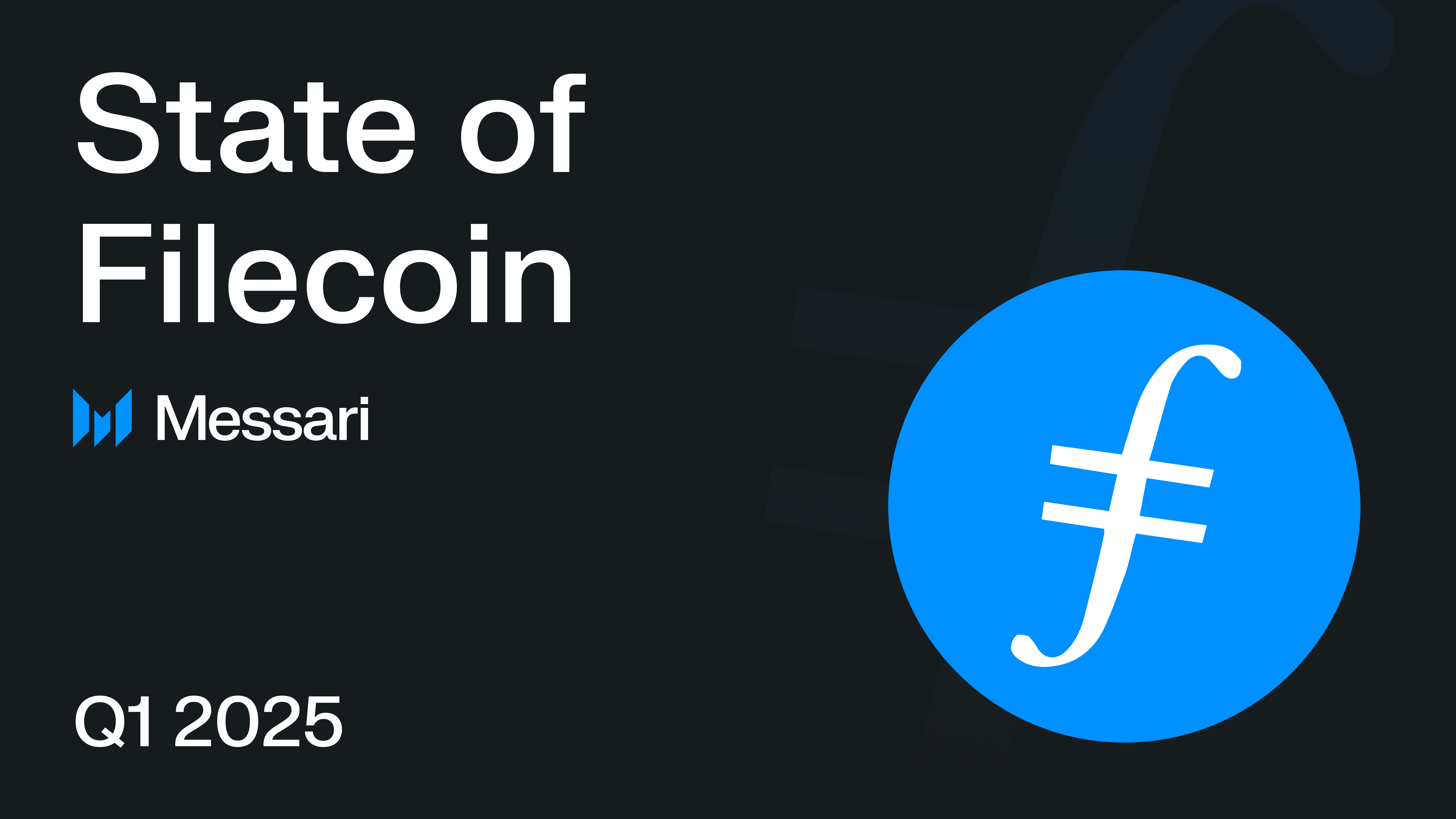Solana Launches Roam: A Decentralized WiFi Network to Transform Connectivity

Solana has recently unveiled Roam, a decentralized WiFi network that aims to revolutionize global connectivity. The project, as announced on Solana’s social media, intends to integrate over 1 million WiFi hotspots into a secure global network. Users will be rewarded for their contributions, creating an incentive-driven ecosystem. This initiative reflects Solana’s commitment to enhancing connectivity through innovative solutions in the Decentralized Wireless (DeWi) space, utilizing Open Roaming protocols to ensure secure and reliable access to the internet.
Roam is designed to provide seamless connectivity while allowing users to earn rewards through daily check-ins and staking Roam Tokens (ROAM). Key features of the platform include Roam Miner, which enhances user rewards and offers crypto mining capabilities, and a daily check-in system that allows users to accumulate Roam Points. These points can be staked to earn $ROAM tokens, creating a self-sustaining network focused on security and efficiency. This launch adds to Solana’s portfolio of innovations, including the recent introduction of the Seeker Phone, aimed at Web3 users.
Despite the ambitious nature of Roam, the market response has been cautious, with Solana’s native token, SOL, experiencing only a modest price increase following the announcement. Critics argue that some of Solana’s innovations may be ahead of their time, facing challenges in market readiness and development costs. As Solana continues to innovate with projects like Roam, its ability to balance cutting-edge technology with practical applications will be essential for long-term success in the blockchain space.
Related News





